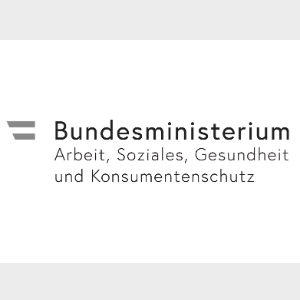Netherlands HiT (2016)
Download
The Dutch population enjoys access to essential health care services that are within easy reach and with reasonable and decreasing waiting times. The basic health insurance and compensation package for citizens on lower incomes protects against catastrophic spending. Out-of-pocket payments are low from an international perspective. The Dutch rate the quality of the health system and their health as good. International comparisons show that the Netherlands has low antibiotic use, a small number of avoidable hospitalisations and a relatively low avoidable mortality. National studies show that healthcare has made major contributions to the health of the Dutch population as reflected in increasing life expectancy. Furthermore, some indicators such as the prescription of generics and length of stay reveal improvements in efficiency over the past years.
The fact that the Netherlands has one of the highest per capita health expenditures in Europe remains an important concern although growth has slowed considerably after reverting to more traditional sector agreements on spending. However, the most transformational change has been the impact of the two major reforms implemented since the mid-2000s. These ongoing reforms are changing the way the Dutch health system operates today. The 2006 reform replaced the division between public and private insurance with one universal social health insurance and introduced managed competition in the health care system. Although the reform was initiated almost a decade ago, its gradual implementation continues to alter the health care system in general and the role of actors in particular. The newly implemented long term care reform aims to achieve a transition from publicly provided care to more self reliance on the part of citizens and a broader role for municipalities. Whilst these reforms are ongoing, a particular point of interest is how effectively the new governance arrangements and responsibilities in long term care will work together.





















